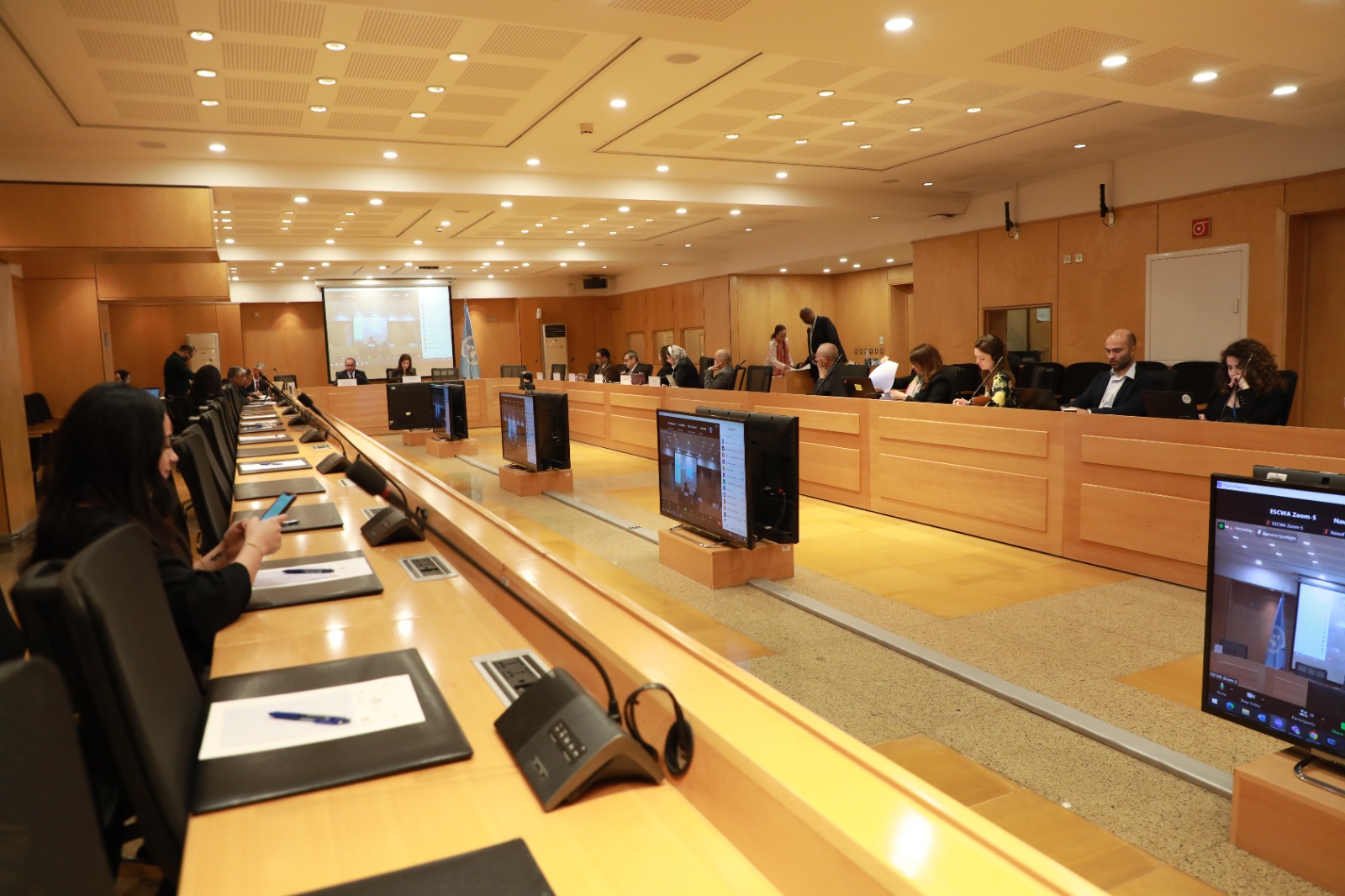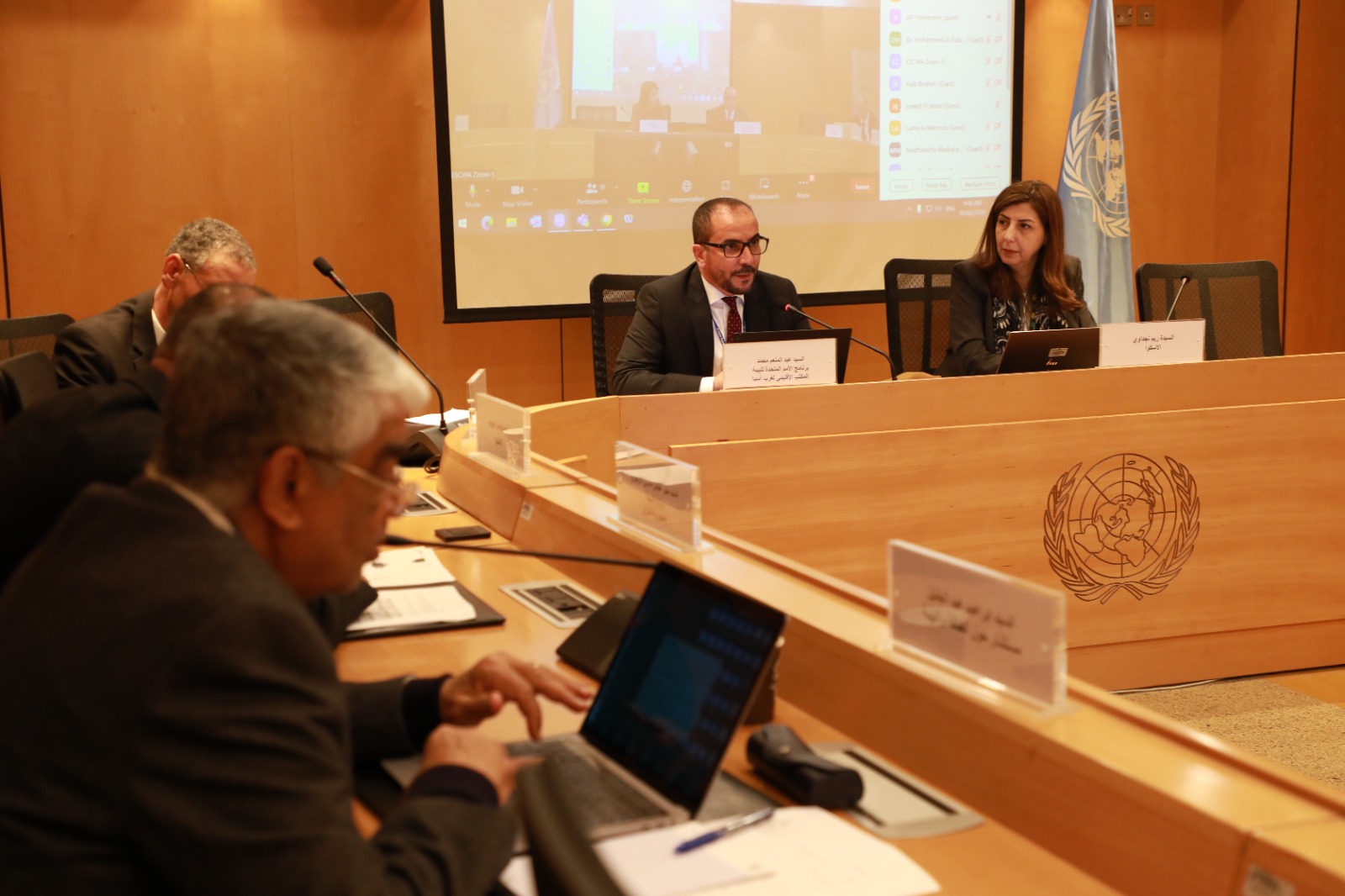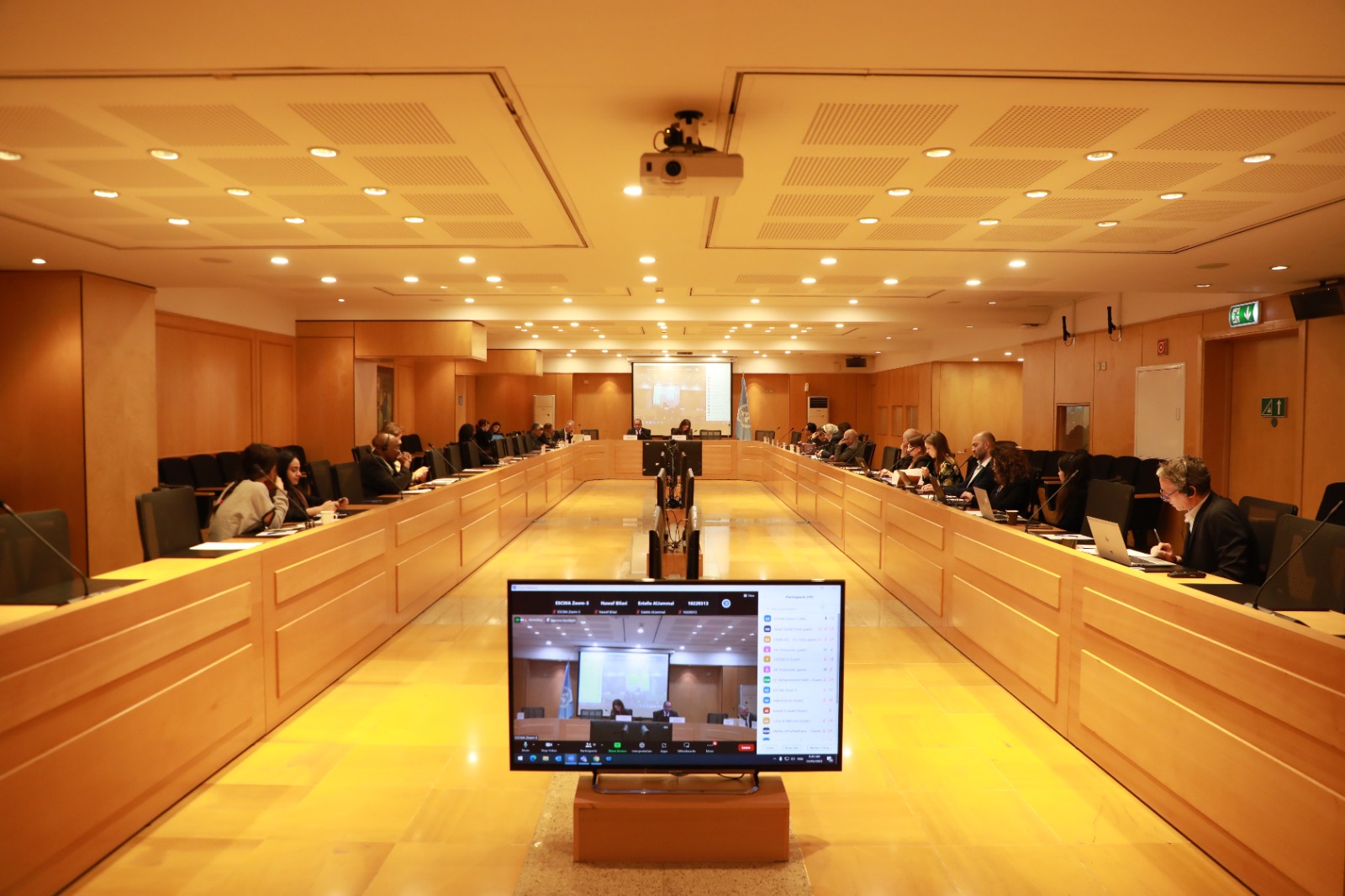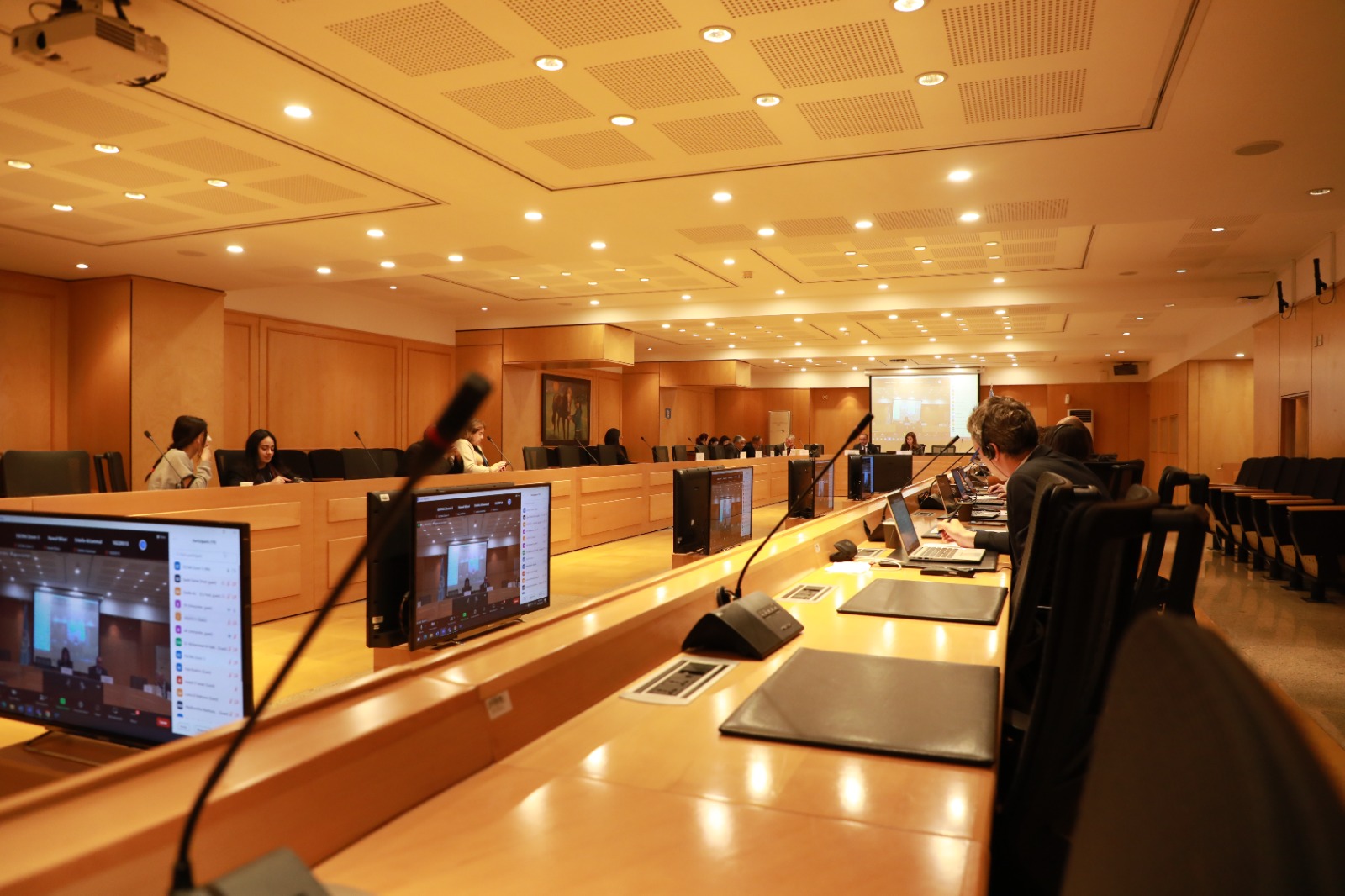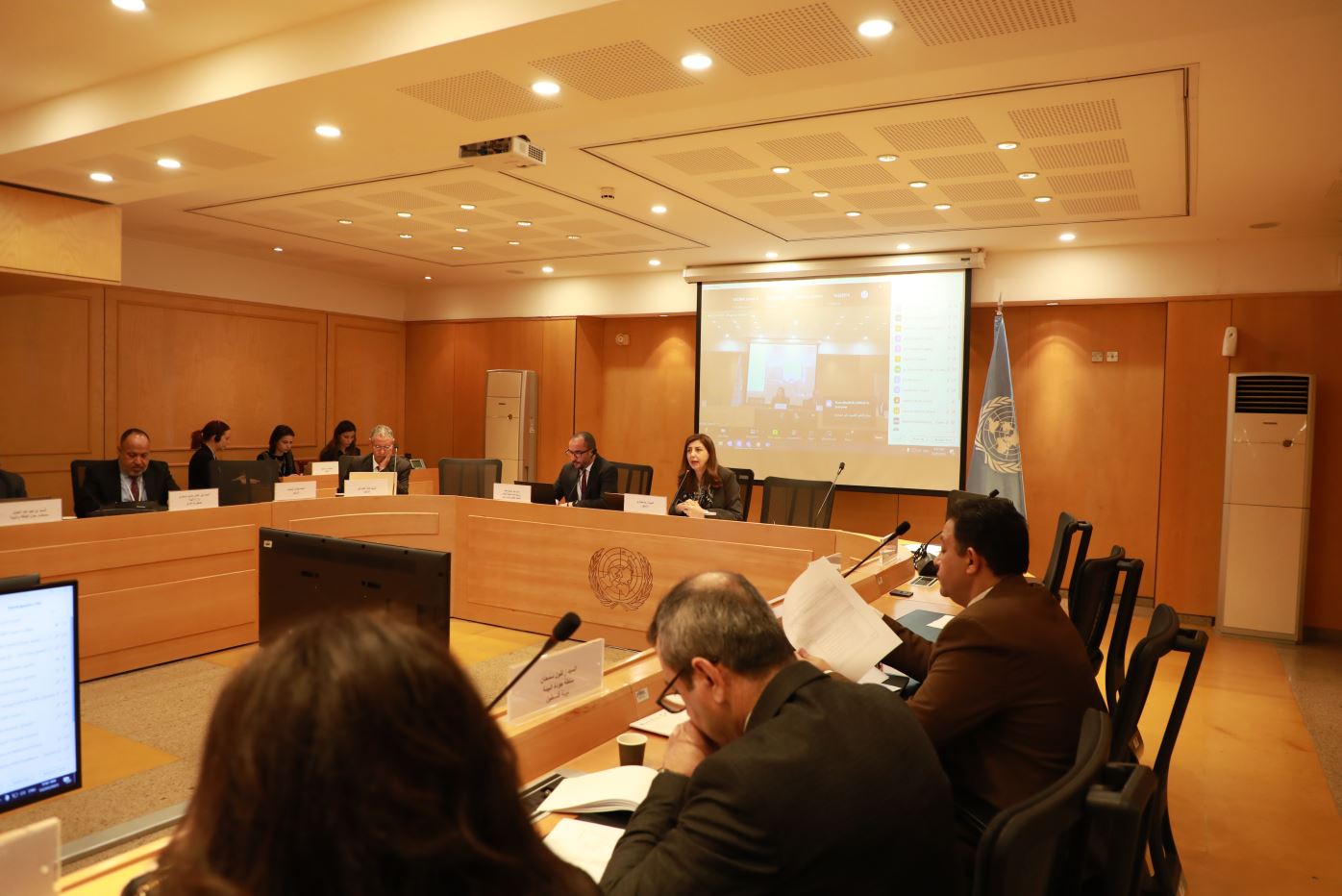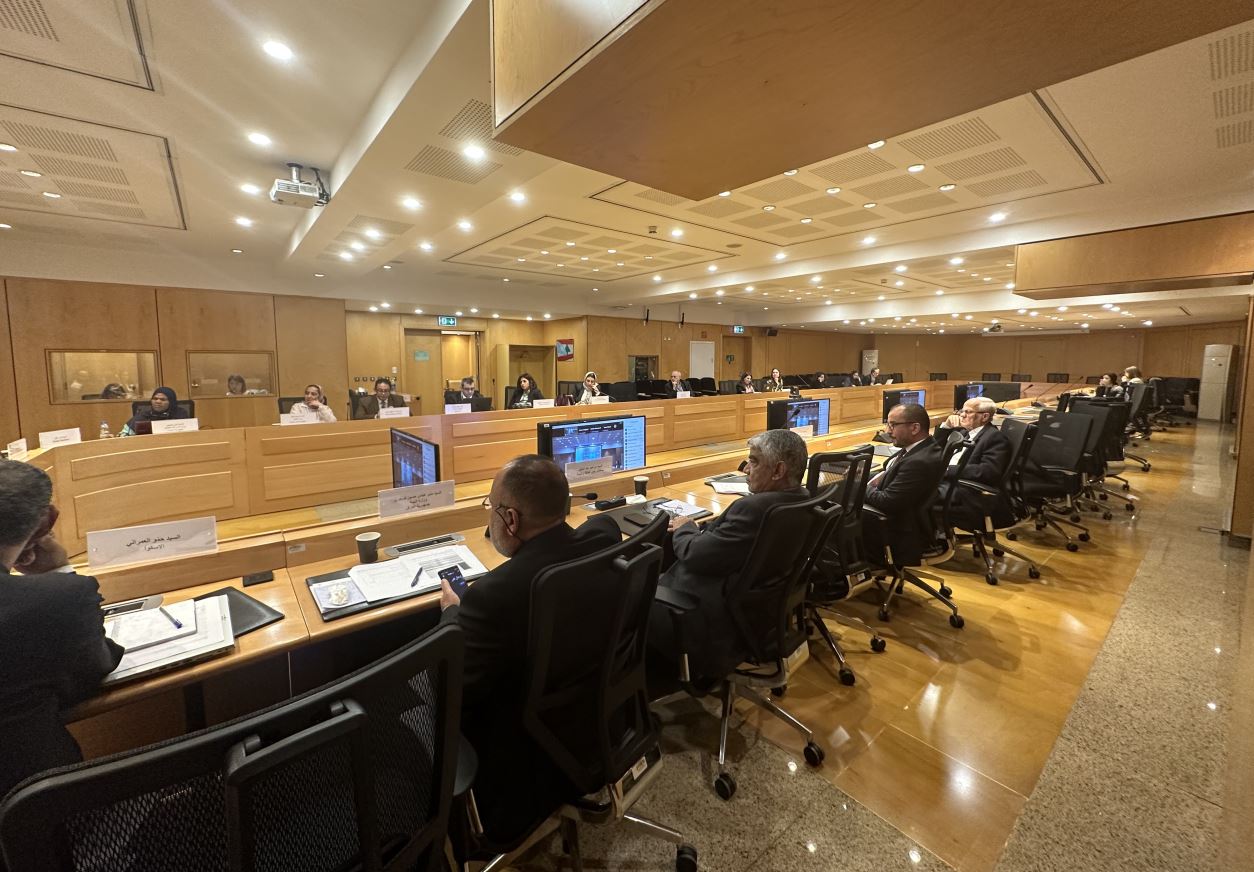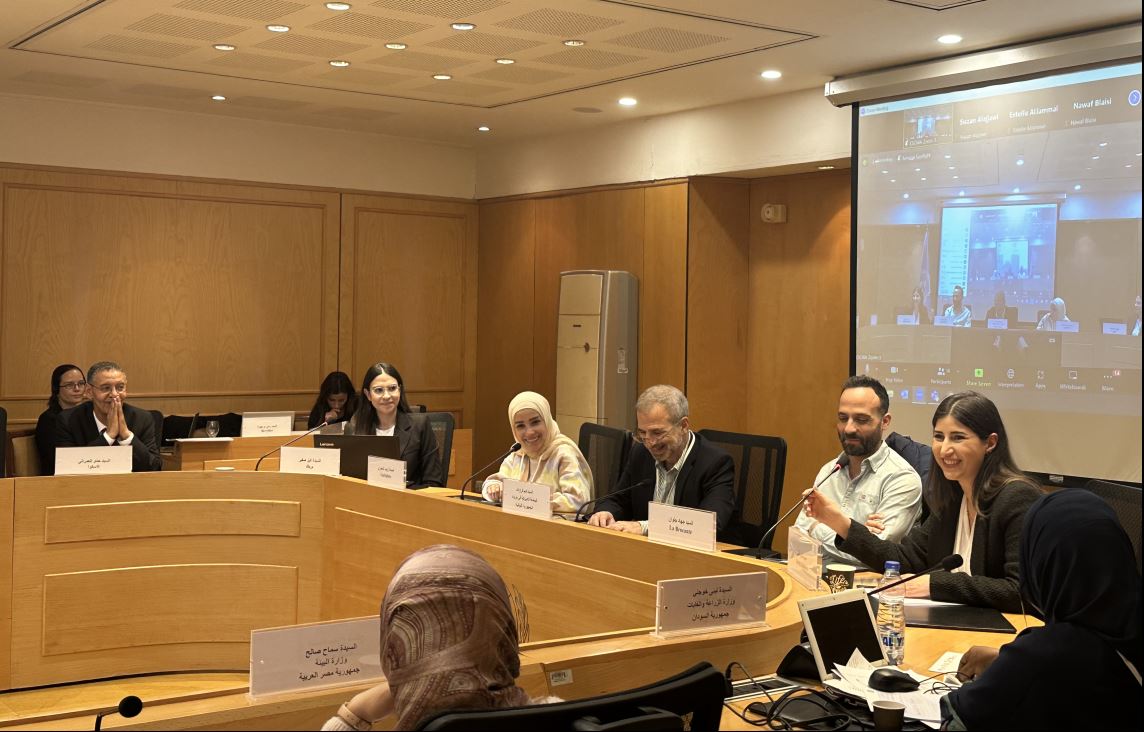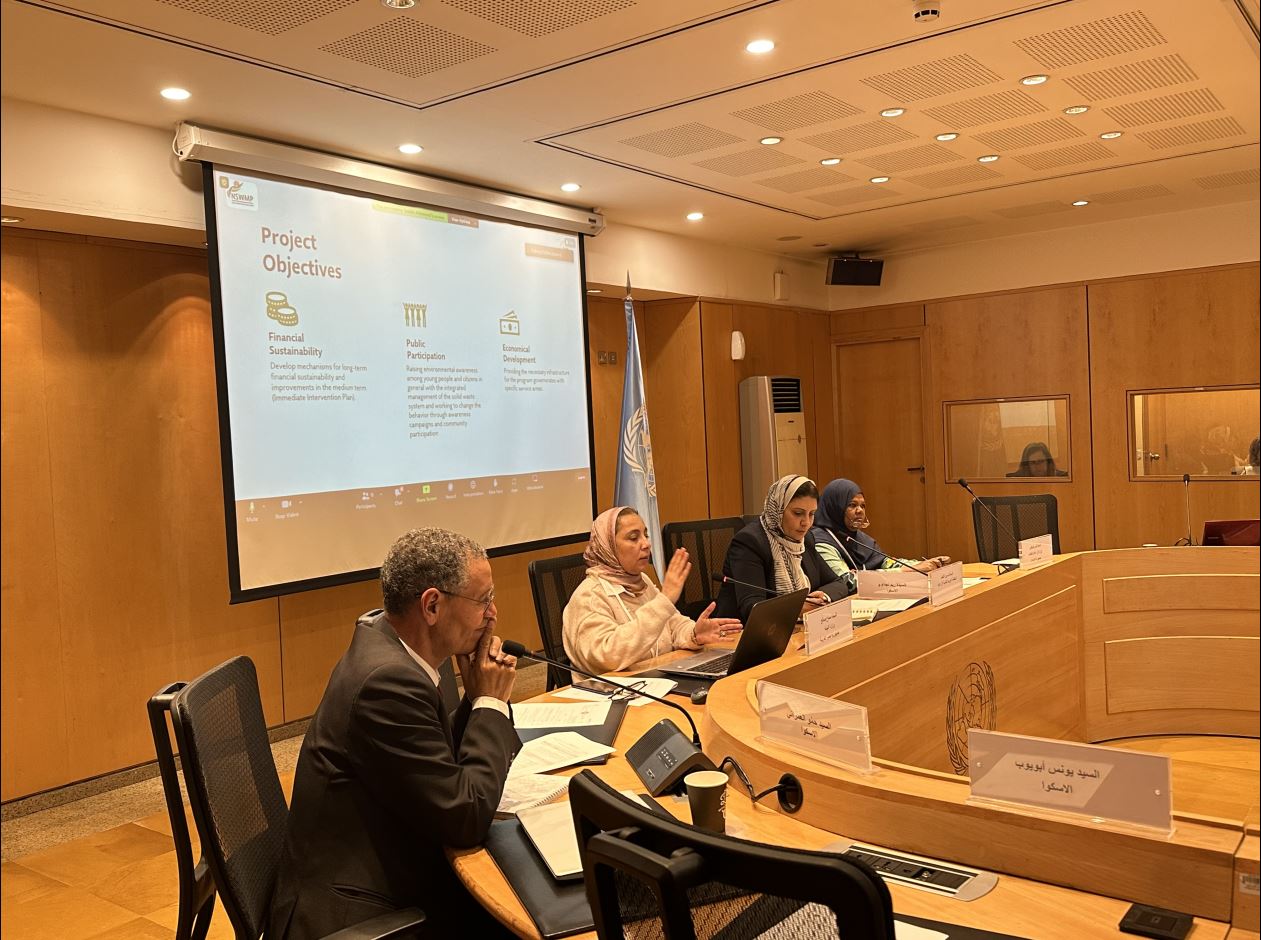ESCWA is organizing a regional consultation, in collaboration with the United Nations Environment Programme, to assess the opportunities and challenges of the transition from linear to a circular economy in the Arab region.
The consultation discusses the status and potential of a circular economy in the region and explores the role of Governments, the private sector and civil society organizations in the transition. The aim is to develop a regional roadmap and set policy priorities.
Participants share national case studies on the transition to circularity amid challenges and discuss the role of young professionals in promoting and advancing the transition in small businesses.
The consultation brings together officials and experts from Governments, the private sector, regional and international organizations along with young professionals from the region.
